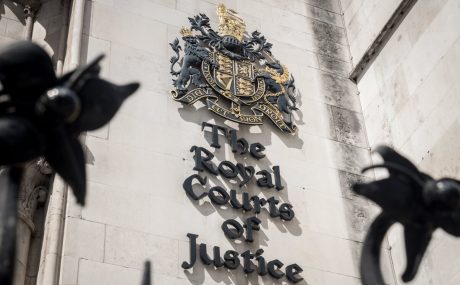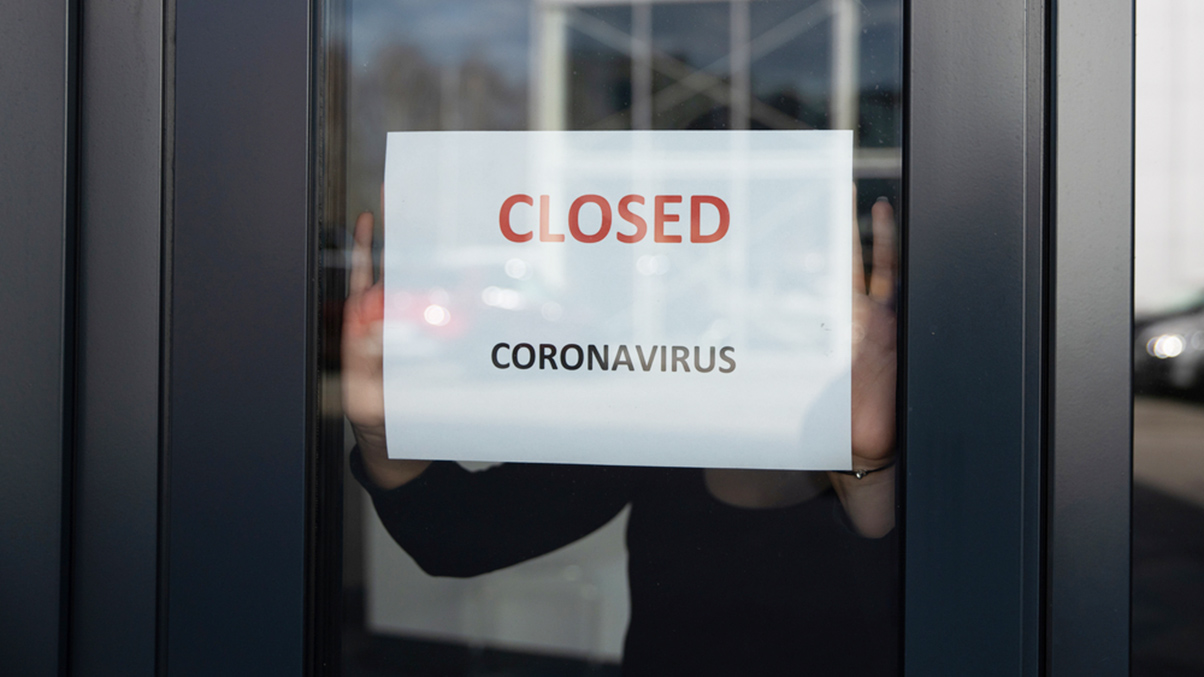The Corporate Insolvency and Governance Bill (CIG Bill) is not yet law but has already been considered and, in effect, applied in a recent High Court judgment. Marc Jones, a partner in our Commercial Litigation and Fraud teams, looks at the facts.
The CIG Bill is not yet law but some of its provisions are already being enforced. One of the key parts of the CIG Bill designed to protect companies from the effects of coronavirus is the restriction on the presentation by creditors of winding-up petitions: this will only be permitted if the creditor can show that the debtor company’s difficulties would have arisen “even if coronavirus had not had a financial effect on the company”.
Despite the fact that the CIG Bill is not yet law, on Tuesday (2 June) the High Court refused a creditor permission to present a winding-up petition because the debtor company (a “High Street retailer”) was clearly experiencing coronavirus-related financial difficulties and it was “most unlikely” that the petition would be heard before the CIG Bill received the Royal Assent.
Having been referred to a number of ministerial statements as to the Government’s commitment to enact the CIG Bill, the judge had “a high degree of confidence that schedule 10 will be enacted in more or less its current form and [by the end of June]”. On that basis the judge refused permission. The petition would ultimately fail because by the time the petition was heard the court would (under schedule 10 of the CIG Bill) be able “to make such order as it thinks appropriate to restore the position to what it would have been if the petition had not been presented” and would only be able to make a winding-up order if the creditor had shown that the company’s difficulties were not related to coronavirus.
There are a few points to note in the judgment:
- The judge was taken to authorities which he decided supported “the proposition that when the court is deciding whether to grant relief and, in particular, relief which involves the court controlling or managing its own processes, that it can take into account its assessment of the likelihood of a change in the law which would be relevant to its decision”. I think we should expect to see more of this legal issue in disputes in the current crisis, and not just in the context of the CIG Bill.
- The real underlying basis for the decision was not the CIG Bill itself but the courts power to manage its own procedures, and the judge was not prepared to permit presentation of a petition which would ultimately fail where “ the existence of a presented petition will cause serious damage to the company”.
- Leaving aside the legal merits – which should not be taken for granted because the judge relied on just one first instance decision to support taking the CIG Bill into consideration – in the current crisis the decision is the right one from a policy perspective of protecting UK businesses, something explicitly acknowledged by the judge: “I also consider that the grant of an injunction to restrain the presentation of the petition is powerfully supported by the clear policy objectives of the CIG Bill”.It would be a tragedy for good businesses to go under and jobs to be lost in the few weeks before statutory protections come into effect. the judge was presented with a substantial body of evidence by the company (the petitioner was not represented at the hearing) as to the effect of coronavirus on its finances, demonstrating that any creditor who does want to present a petition is going to have to marshal solid expert evidence to satisfy a court; and
- Finally, we’ll just have to agree to disagree about the weight that should be attached to ministerial statements in this or any other context.
The case is RE: A COMPANY (INJUNCTION TO RESTRAIN PRESENTATION OF PETITION) heard before Mr Justice Morgan. The full judgment can be found here.
Covid-19 is impacting individuals and companies around the world in an unprecedented way. We have collected insights here to help you navigate the key legal issues you may be facing at this time.
You can find further information regarding our expertise, experience and team on our Commercial Litigation pages.
If you require assistance from our team, please contact us or alternatively request a call back from one of our lawyers by submitting this form.
Subscribe – In order to receive our news straight to your inbox, subscribe here. Our newsletters are sent no more than once a month.






